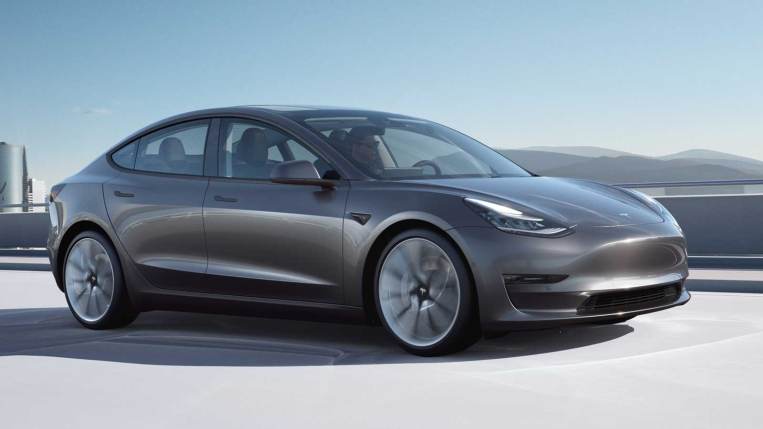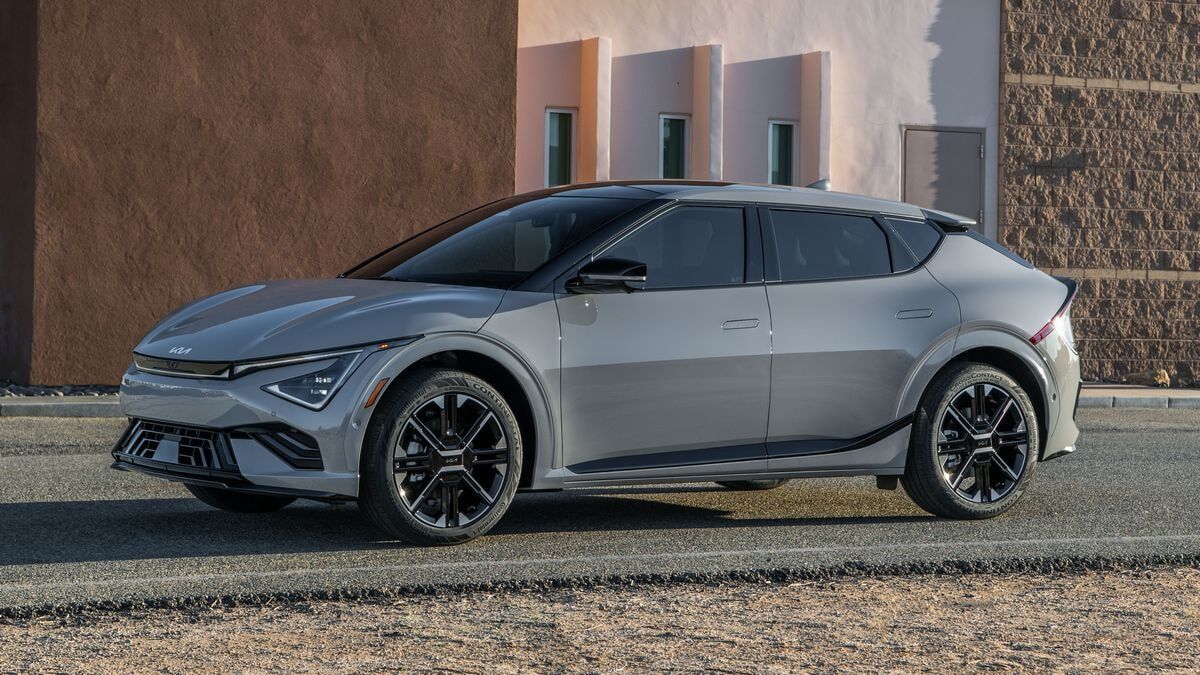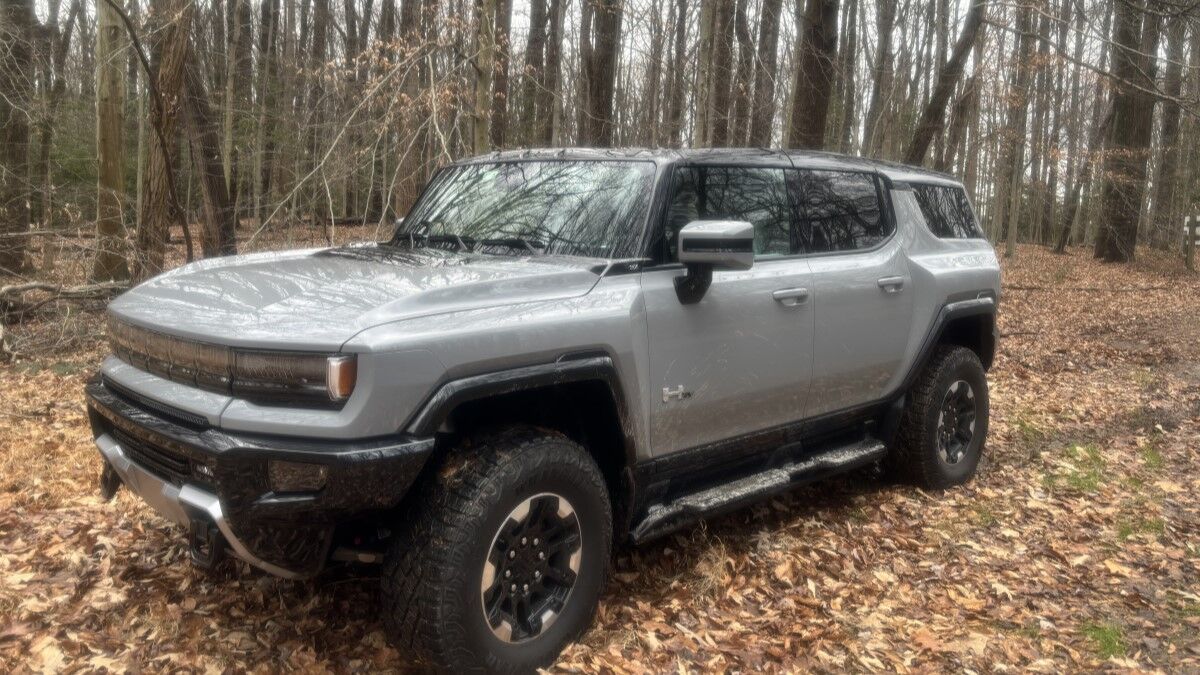
Sometimes, that’s a good thing. Case in point — the company’s manufacturing flexibility helped it navigate the microchip shortage more effectively than any rival.
Sometimes, it’s not a good thing. Another case — it designed cars to run stop signs. Predictably, this went over poorly.
Tesla has issued a recall for about 53,000 cars that had self-driving software that performed “rolling stops” at up to 5.6 mph. In documents filed with the National Highway Traffic Safety Administration, the company admits, with amusing understatement, that “failing to stop at a stop sign can increase the risk of a crash.”
It’s a Setting in the Software
The rolling stops were a setting drivers could choose.
Last month, the company pushed out a software update that let owners choose three modes for its controversial “Full Self-Driving” software. Despite its name, the software doesn’t allow the car to drive itself. But it is designed to let drivers take their hands off the wheel as long as they stay alert and ready to take over for the car’s mistakes.
The update created three modes. One of them, called “Assertive,” would go through stop signs at up to 5.6 mph.
For the software to trigger a rolling stop, the car had to be traveling 5.6 mph or less, to begin with. All roads approaching the stop sign had to have speed limits under 30 mph. And the car had to detect “no relevant pedestrians,” cars, or bicyclists.
Tesla has since concluded that selling a product designed to break the law is a bad look.
The recall applies to all four Tesla products – the Model S, Model X, Model Y, and Model 3 – but only to cars that had downloaded the update.
Owners Don’t Need to Bring Cars In
Owners won’t need to bring their cars in for service. Tesla added the feature through a software update and will remove it the same way.
Tesla formally acknowledged the recall to the federal government – something it hasn’t always done. Until last November, the company routinely pushed out software updates to fix software bugs without notifying the government. The company began issuing formal recall notices for some updates in November under pressure from regulators.
Unlike other automakers, Tesla doesn’t answer questions from reporters. So, there is no word as to whether any owners were ticketed due to their car’s decision to run a stop sign.







